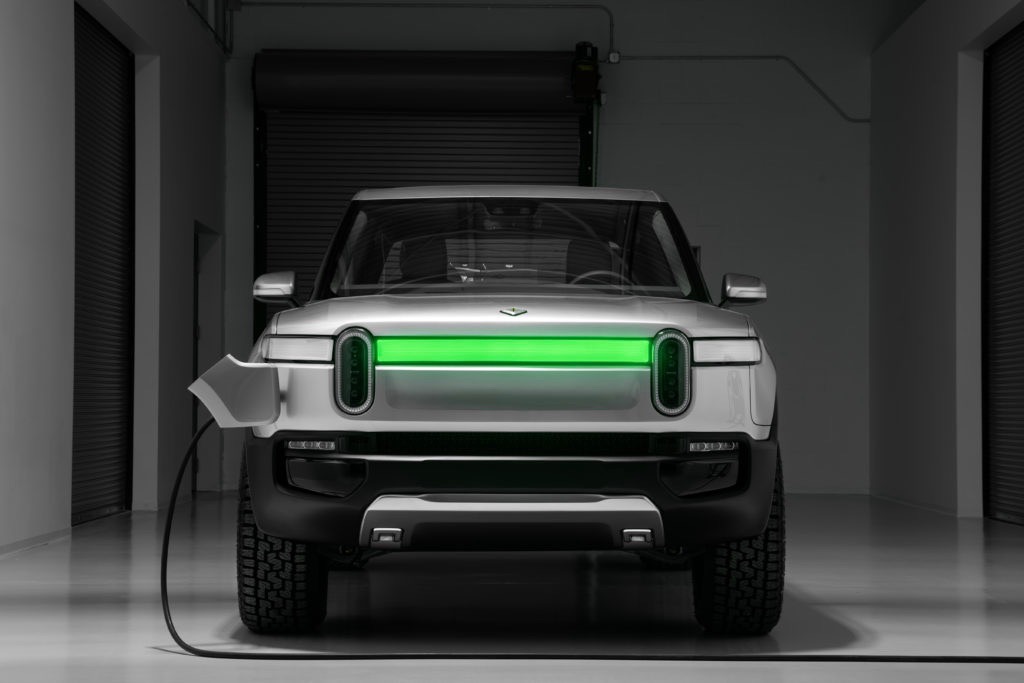
Automakers of all sizes are experimenting with subscription services, and Rivian may be the latest to jump on the bandwagon. The startup, which is developing a high-end electric pickup truck and SUV, could adopt a subscription model when its vehicles begin rolling off the assembly line in 2020, according to Automotive News.
Speaking at the headquarters of Cox Automotive, Rivian CEO RJ Scaringe said the startup will not use conventional dealerships. Rivian has always planned to sell cars directly to customers, according to Automotive News. That’s the same approach used by Tesla, which has earned the California firm the ire of dealer groups nationwide. In addition to direct sales, Rivian could also offer a subscription service that lets customers rotate to different vehicles.
“You may use one solution to get to and from the office during the week. But on the weekend, you may want a subscription program,” Scaringe said, as reported by Automotive News.
Subscription services have proven popular with more traditional luxury automakers, which might explain why Rivian, which plans to sell its R1T pickup truck and R1S SUV at starting prices of around $70,000, is interested. These services typically allow drivers to pay a flat monthly fee that bundles the cost of the car, as well as insurance and maintenance, without the long-term commitment of buying or leasing. Some services even let customers regularly switch cars. You could have a practical sedan during the week and a sports car on the weekend, for example.
In the United States, many automaker subscription services are only available in certain cities. Pushback from dealers, many of whom view subscription services as a threat to their business, could restrict future growth. So could the extra expense of maintaining fleets of cars for subscribers. For now, enthusiasm for subscription services seems fairly high, buoyed by the assumption that customers will prefer the flexibility of a subscription, and will be eager to bypass dealers. Automakers like Porsche and Volvo run their own services alongside retail sales, while startup Canoo plans to offer its electric cars exclusively vis subscription.
Rivian plans to begin production of its R1T and R1S at a former Mitsubishi factory in Normal, Illinois, in 2020. The startup has scored investments from Amazon — which has ordered 100,000 Rivian electric vans — and Ford, which will use Rivian tech in a future electric car.


